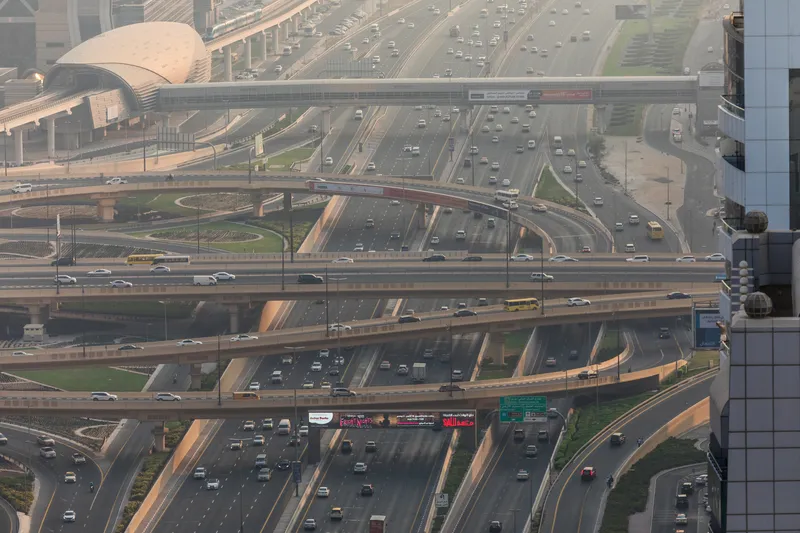
A dozen organisations have qualified for the finals of the Dubai World Challenge for Self-Driving Transport in the categories of both Industry Leaders and Local Academia.
Self-driving buses are the focus of this edition of the Challenge - the winners will be announced next year.
The finalists in the Industry Leaders category - the winner of which will get a $1 million, with $750,000 for the runner-up - are:
Adastec (US)
King Long (China)
Alexander Dennis (UK)
Navya (France)
iAuto (Taiwan)
Gaussin (France)
$250,000 will be allocated as part of a contract to run trials of driverless buses with one of the winners of this category to support the targets of the Dubai Smart Self-Driving Transport Strategy.
Meanwhile, the six universities to qualify for the finals in the Local Academia category are:
Khalifa University of Science and Technology
American University of Sharjah
Heriot-Watt University
Manipal Academy of Higher Education
University of Dubai
University of Bolton
The winner will get $200,000 and runner-up will receive $100,000.
His Excellency Mattar Al Tayer, director general and chairman of Dubai's Roads and Transport Authority (RTA), revealed that 27 submissions were received overall: "The number reflects a 130% increase in the targeted number of applicants in the Industry Leaders category as well as a 175% rise in applicants in the Local Academia category."
The international judges panel is chaired by Dr. Stephen Shladover who is also head of the jury of the Dubai World Challenge for Self-Driving Transport.
“The Dubai World Challenge for Self-Driving Transport aims to expand the use of self-driving transportation across the board. It encourages industry leaders to cope with the current challenges such as the first- and last-mile challenge facing public transport riders in reaching their final destinations, traffic congestion, and the drop in public transport ridership," says Al Tayer.
"Self-driving transport has become a key pillar of RTA’s strategy and we are keen on launching several initiatives to turn the self-driving transportation concept into a reality in Dubai,” he adds.
Dubai aims to make 25% of mobility journeys 'smart and driverless' by 2030.
Ahmed Hashim Bahrozyan, CEO of RTA’s Public Transport Agency, explains: “The selection of finalists was based on several parameters such as credibility and vision, the extent of innovation, the relevance of skills and expertise, and commercial elements like the operability and value-added. The selection criteria also included the relevance to the needs of Dubai and the UAE."
RTA will undertake further assessment of shortlisted candidates through 'practical tests and visual presentations' next year.
The winners are to be announced during the Dubai World Congress for Self-Driving Transport 2023.
Dubai hosts the ITS World Congress in 2024.







